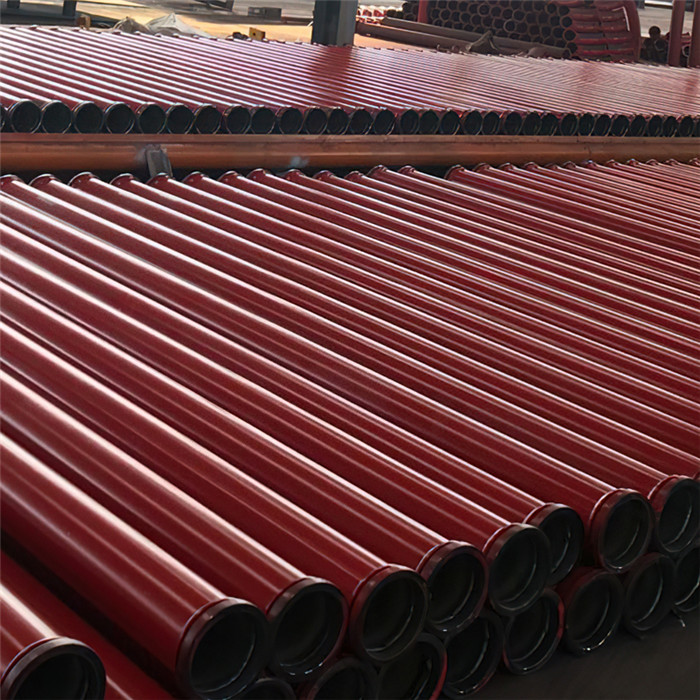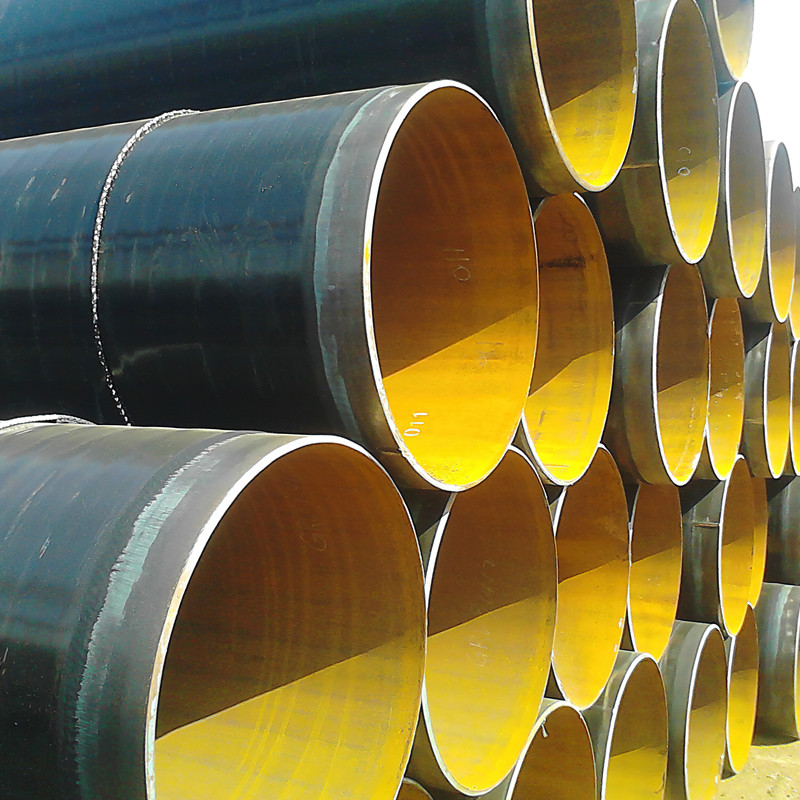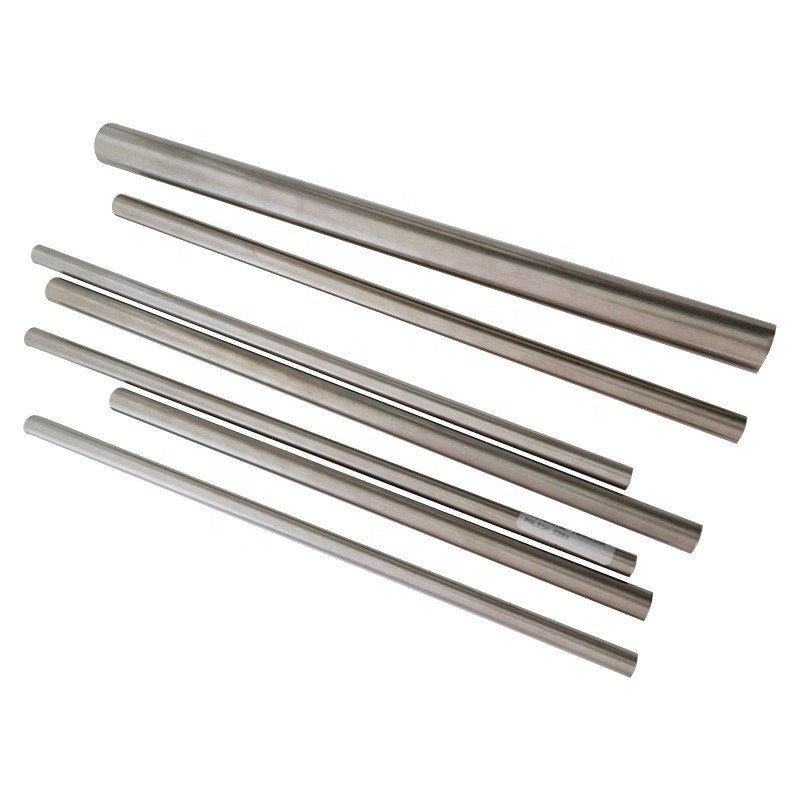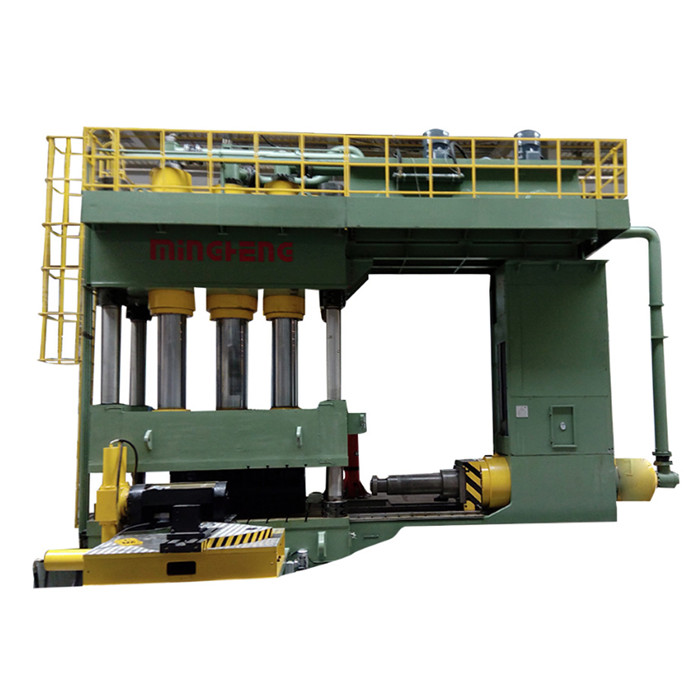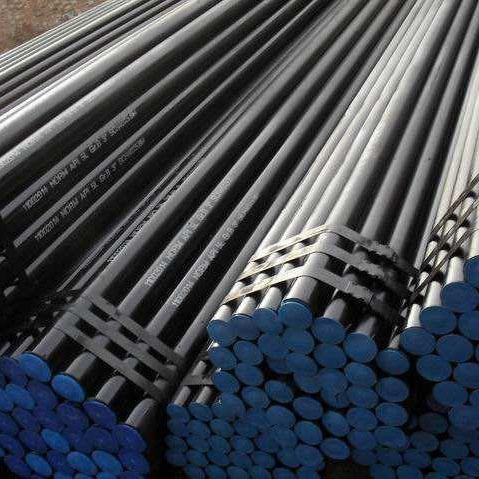SA178A boiler tubes, compliant with ASTM A178 standards, are indispensable for low-to-moderate temperature applications in boilers. To ensure compliance, manufacturers must rigorously verify carbon content (0.06–0.18%) and tensile strength (≥325 MPa) through chemical analysis and mechanical testing. Third-party certifications, such as ASME Section I stamping, validate that these tubes meet pressure vessel codes. For distributors, sourcing SA178A boiler tubes from suppliers who provide mill test reports (MTRs) ensures traceability and adherence to dimensional tolerances specified in ASTM A178. Regular audits of production facilities further guarantee that heat treatment processes—like normalization—are consistently applied to enhance grain structure and durability.
Stainless Steel Boiler Tubes: Balancing Corrosion Resistance and Code Compliance
Stainless steel boiler tubes excel in high-temperature, corrosive environments but must align with standards like ASTM A213 or ASME SA213. Key compliance steps include:
- Material Certification: Verify chromium (16–18%) and nickel (10–14%) content for grades like 304/316L, which resist oxidation and chloride-induced stress corrosion.
- Non-Destructive Testing (NDT): Implement eddy current or ultrasonic testing to detect micro-cracks or inclusions that could compromise performance.
- Documentation: Ensure suppliers provide heat numbers and compliance certificates linked to ASTM A192 for seamless carbon steel variants used in mixed systems.
By prioritizing these measures, stainless steel tubes meet both performance demands and regulatory benchmarks for industries like chemical processing or marine engineering.
Tata Boiler Tubes: Partnering with Certified Manufacturers for Quality Assurance
Collaborating with reputed manufacturers like Tata Boiler Tubes simplifies compliance. Tata’s adherence to ASTM A192 for seamless carbon steel tubes ensures:
- Consistent Wall Thickness: Achieved via rotary piercing and cold drawing, critical for high-pressure applications.
- Traceable Production: Each batch includes MTRs detailing chemical composition, hydrostatic test results, and heat treatment records.
- Third-Party Audits: Tata’s facilities undergo annual ISO 9001 audits, ensuring alignment with global quality management systems.
For wholesalers, partnering with such manufacturers minimizes regulatory risks and guarantees that Tata Boiler Tubesmeet ASME BPVC Section I requirements for power plants.
ASTM A192: The Gold Standard for High-Pressure Boiler Pipe Compliance
ASTM A192 remains the cornerstone regulation for seamless carbon steel boiler tubes. Compliance involves:
- Material Testing: Confirm carbon (0.06–0.18%), manganese (0.29–0.93%), and silicon (0.10–0.50%) levels to prevent brittleness under heat.
- Hydrostatic Pressure Tests: Tubes must withstand 70 MPa for 10 seconds without leakage.
- Dimensional Checks: Verify outer diameter (±0.8%) and wall thickness tolerances (±10%) to ensure fitment in boiler assemblies.
Suppliers adhering to ASTM A192often bundle compliance documentation, including heat treatment charts and NDT reports, streamlining procurement for wholesalers.
FAQs: Boiler Steel Pipe Regulations and Compliance
How do I verify if SA178A tubes meet ASTM standards?
Request MTRs from suppliers, which include chemical analysis, tensile test results, and hydrostatic test records. Third-party lab verification adds an extra layer of assurance.
Why choose stainless steel tubes over carbon steel for compliance?
Stainless steel boiler tubes offer superior corrosion resistance in acidic or marine environments, reducing long-term maintenance costs while meeting ASTM A213/A312 standards.
Are Tata Boiler Tubes compatible with ASTM A192 requirements?
Yes. Tata Boiler Tubes are manufactured to exceed ASTM A192 specifications, with enhanced focus on wall uniformity and pressure tolerance.
What documentation is essential for ASTM A192 compliance?
Mill test reports, hydrostatic test certificates, and material traceability documents are mandatory. Suppliers should also provide compliance statements aligned with ASME codes.
How often should compliance audits be conducted?
Annual audits are recommended, focusing on production processes, testing protocols, and documentation practices to ensure ongoing adherence to ASTM/ASME standards.
Secure Compliant Boiler Solutions Today
Navigating industry regulations is effortless with our certified range of SA178A boiler tubes, stainless steel boiler tubes, E ASTM A192-compliant products. As a trusted wholesaler, we guarantee:
- Full traceability with ISO 9001-certified manufacturing.
- Comprehensive documentation, including MTRs and test certificates.
- Customized solutions for high-pressure or corrosive environments.
Visit our website to explore our catalog featuring Tata Boiler Tubes and other compliant products. Contact our team for tailored quotes and technical support—ensure your projects meet global standards without compromise.
Post time: Mag . 07, 2025 11:26










